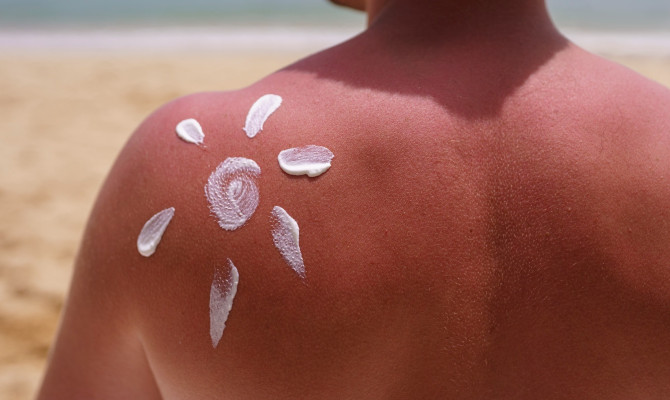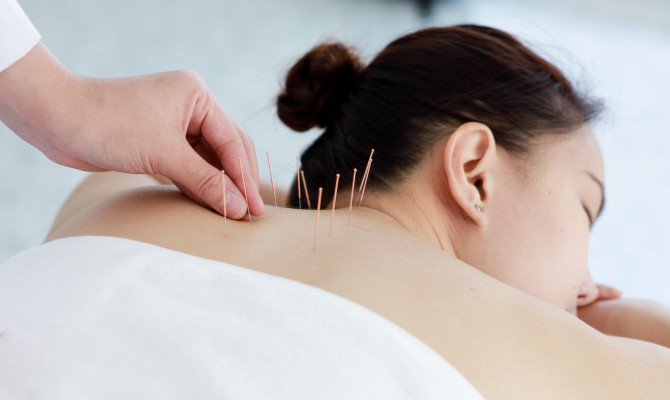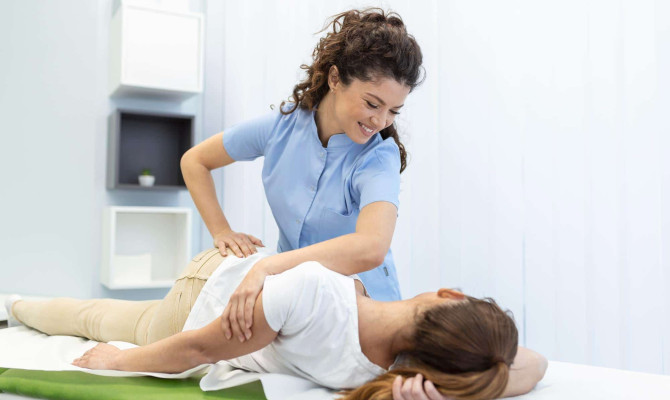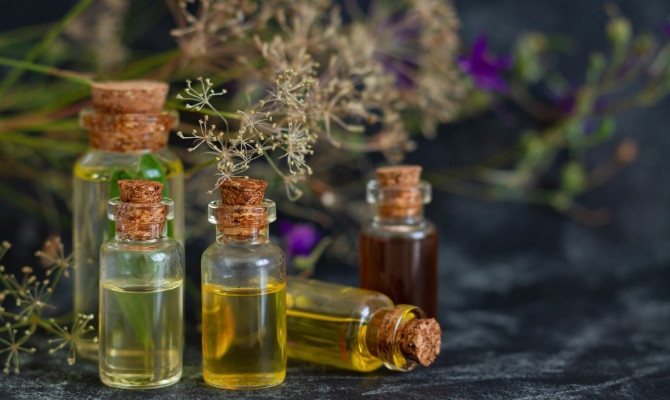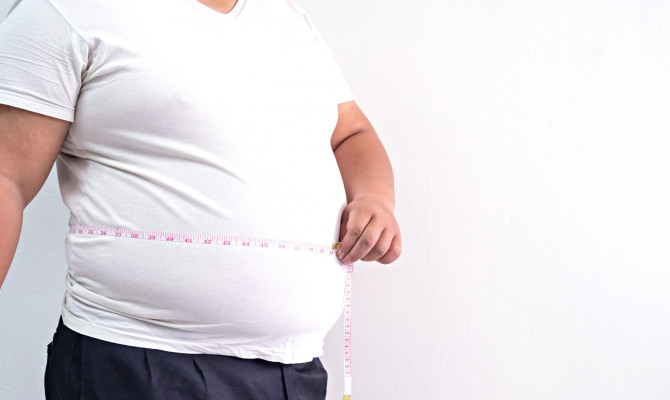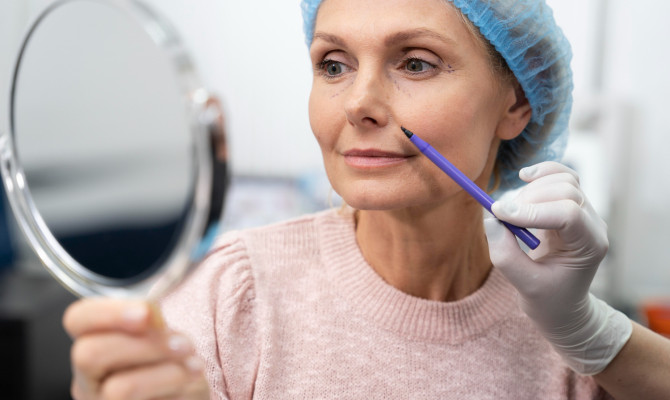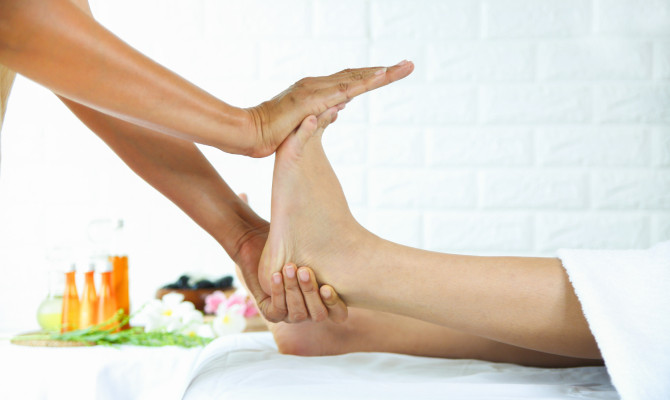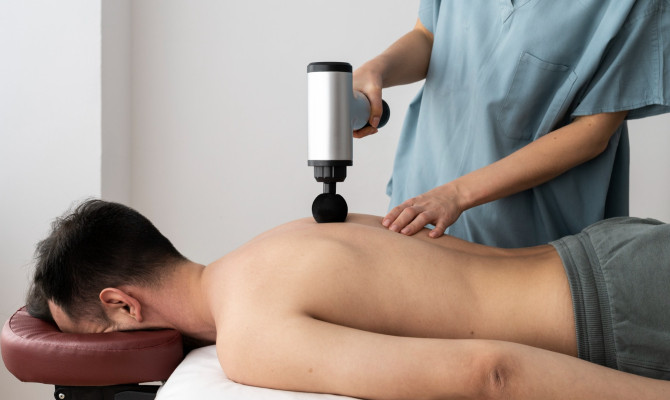Acupuncture : What do I need to Know?

- Acupuncture
- 16 Aug 2023
Overview
What is acupuncture?
Acupuncture is an alternative treatment and an element of age-old Chinese medical practices in which fine needles are placed into the skin. The objective is to ease a medical problem or symptom, such as pain. Its effectiveness for a few illnesses has been supported by scientific research. Some believe it regulates vital energy, whereas others think it has a neurologic effect. In this article, we go through the meaning of acupuncture, its possible ways of action, and the benefits and drawbacks of the treatment.
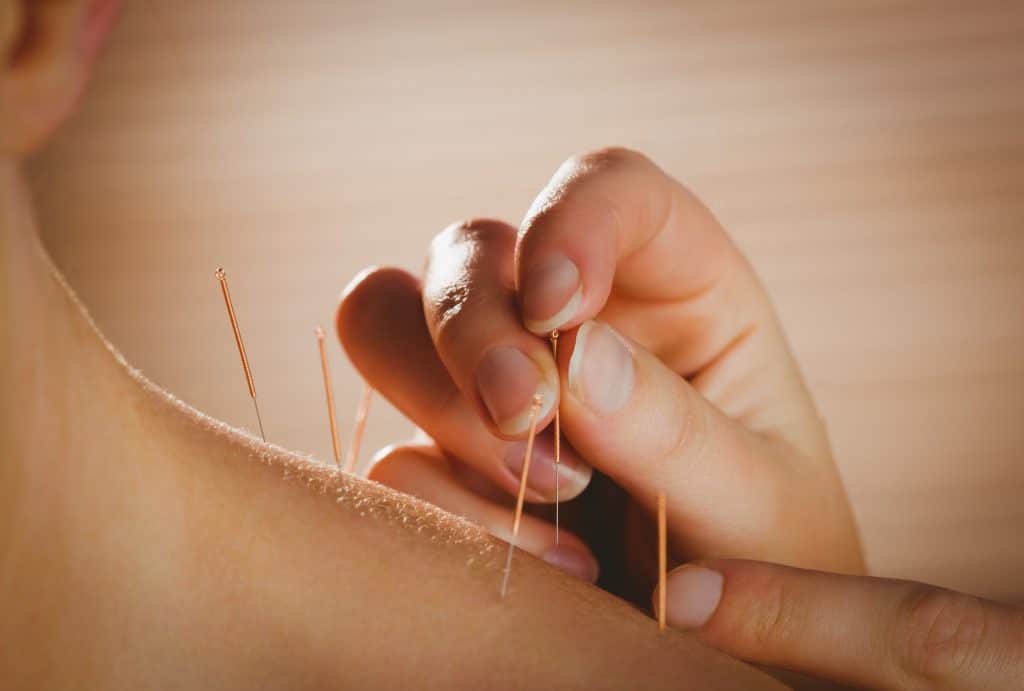
Theory
How does it work?
There are two theories to explain how it works:
Conventional theory
- The foundation of conventional acupuncture is the idea that the body’s meridians are channels through which an energy or life force known as qi (pronounced “Chee”) circulates.
- Practitioners who practice the traditional method of treatment believe that Qi does not move freely throughout the body whenever there is an obstruction, which can result in disease.
- It aims to heal by releasing the blockage and reestablishing Qi flow.1Theory| Researched based study from Nlm.nih.gov
Western theory
- A medical diagnosis is required before acupuncture or dry needling in Western medicine.
- Some people believe that activating sensory neurons beneath the layer of skin and muscles causes the body to produce natural compounds like pain-relieving endorphins.1Theory| Researched based study from Nlm.nih.gov
- The positive outcomes associated with acupuncture are probably due to these chemicals produced.
Procedure
How is it performed?
An evaluation of a person’s general health, medical history, and physical examination precedes the acupuncture treatment in the first acupuncture session.
Needles are used in most acupuncture techniques
- Uses disposable stainless-steel needles slightly thicker than an individual’s hair.
- Acupuncture needles are regulated by the FDA under the same single-use sterility standards and reasonable manufacturing procedures as other medical devices.2Procedure| Researched based study from Nccih.nih.gov
- The needles are put into precise spots on the body known to practitioners as acupuncture sites.
- The individual’s health situation and symptoms are considered when selecting acupuncture points.
- Most commonly, acupuncture needles are inserted at acupoints on the foot, hand, wrist, nose, outer ear, scalp, and face.
- The needles can be put superficially to reach the skin or deeply to reach the muscle.
- It is possible for the practitioners can either manipulate the needles, heat them or charge the implanted needles with a small electric current.
Other types of stimulation applied to the acupuncture sites are:
- Acupuncture using lasers.3Procedure| Researched based study from Nlm.nih.gov
- Electroacupuncture.
- Trigger-point acupuncture.
- Acupuncture point injections.
- Acupuncture using a microwave.
- Moxibustion (heat)
- Cupping (suction) 4Procedure| Researched based study from Hopkinsmedicine.org
Pre-procedure: What to expect?
Prior to the procedure, a patient will be examined by an acupuncturist to evaluate their health.
- One will be requested to sit or lie down for the session.
- Additionally, one might be asked to remove some of their clothing so the practitioner can access specific areas of their body.
- One or more delicate, sterile needles might be inserted.
- Depending on the procedure, the needles will typically be in place for 20 to 60 minutes.
- A person’s specific condition will determine how many sessions they require.
Does it pain?
- When the needles are implanted, people could feel tingling or a dull aching, but they shouldn’t feel any severe pain.
- They can feel a dull aching at the needle’s base after insertion and throughout the treatment.
- The majority of patients claim to feel refreshed or rejuvenated after the procedure.
- A person should immediately inform their practitioner if they encounter excruciating pain.
Benefits
Health benefits of acupuncture
The following conditions can benefit from acupuncture:
- Low back pain – acupuncture is a complementary medicine that reduces pain. 5Benefits| Researched based study from Nlm.nih.gov
- Migraine – it is safe, economical, and certainly as effective as pharmacological therapy for migraines.6Benefits| Researched based study from Nlm.nih.gov
- Premenstrual syndrome (PMS) and menstrual pain may lessen PMS symptoms, menstrual pain, and general mood.7Benefits| Researched based study from Nlm.nih.gov
- High blood pressure – since the beginning of time, it has been used to treat hypertension. 8Benefits| Researched based study from Nlm.nih.gov
- Osteoarthritis – the pain and dysfunction brought on by knee osteoarthritis may be treated with acupuncture as an alternate method.9Benefits| Researched based study from aimc.edu
- Rheumatoid arthritis – although no definite anti-inflammatory effects have been shown, it is safe and may be helpful as a supplement to decrease the severity of tender joints.10Benefits| Researched based study from Nlm.nih.gov
- In cancer patients – it has been demonstrated to lessen fatigue related to cancer, dry mouth, lymph node swelling, sleep issues, post-operative discomfort, muscle and joint pain, nausea, and other adverse effects of cancer. 11Benefits| Researched based study from Cancer.gov
- Psychological conditions – like insomnia, 12Benefits| Researched based study from Nlm.nih.gov anxiety, and depression 13Benefits| Researched based study from Nlm.nih.gov may benefit from it.
Side effects
What are the side effects of acupuncture?
In general, acupuncture is risk-free when performed by a qualified professional using sterilized needles. However, some adverse effects and problems could include
- Pain at the insertion site.
- Bleeding or bruising.
- Feeling unwell.
- Dizziness or lightheadedness.
- Feeling sore during treatment.14Side effects| Researched based study from Mayoclinic.org
- Feeling tired or sleepy.
- Nerve injury.
- Infections from contaminated needles.
- Disease transmission if needles are reused – hepatitis, HIV, etc.
- Sudden convulsion or seizure.15Side effects| Researched based study from Betterhealth.vic.gov.au
Precautions
Precautions one should take before acupuncture sessions
Before undergoing acupuncture therapy, the following considerations should be taken into account:
- Ensure that the practitioner only employs disposable, pre-sterilized needles discarded immediately after use.
- It is safe to use throughout pregnancy, while some acupuncture sites can trigger labor, which might result in early delivery.
- Before receiving acupuncture, anyone with bleeding conditions like hemophilia or those taking anticoagulants should consult their doctor or an acupuncturist.
- For those who have a metal allergy, acupuncture is typically not recommended.
- Acupuncture is not recommended for people with active skin infections or cancer, as there is a risk of cancer cells spreading.
- People who have pacemakers should refuse any electromagnetic stimulation during acupuncture.
- Acupuncture is also not advised for people who have psychosis or delusions.
Outlook
The Bottom line
Acupuncture can cause considerable changes in the nervous system; hence the appropriate points must be stimulated accurately. If one decides to see an acupuncture practitioner, talk to the doctor first and look for a licensed professional with the necessary education and certifications.
Any feedback on this article?
 This Articles content was accurate
This Articles content was accurate Very Informative Article
Very Informative Article I have a question or a comment
I have a question or a comment
 This article contains inaccurate content
This article contains inaccurate content This article was not helpful
This article was not helpful I have a question or a comment
I have a question or a comment
We appreciate your helpful feedback!
Checkout our social pages
References
-
National Library of Medicine
Acupuncture | Theory
-
National Center for Complementary and Integrative Health
Acupuncture: What You Need To Know | Procedure
-
National Library of Medicine
Laser Acupuncture: A Concise Review | Procedure
-
John Hopkins Medicine
Acupuncture | Procedure
-
National Library of Medicine
Acupuncture for Low-Back Pain | Benefits
-
National Library of Medicine
The role of acupuncture in the treatment of migraine | Benefits
-
National Library of Medicine
Acupuncture and acupressure for premenstrual syndrome | Benefits
-
National Library of Medicine
Acupuncture for Hypertension Using Traditional Chinese Medicine Concepts | Benefits
-
ACUPUNCTURE & INTEGRATIVE MEDICINE COLLEGE
CAN ACUPUNCTURE TREAT PAIN DUE TO ARTHRITIS? | Benefits
-
National Library of Medicine
Acupuncture in the treatment of rheumatoid arthritis: a double-blind controlled pilot study | Benefits
-
National Cancer Institute
Acupuncture (PDQ®)–Patient Version | Benefits
-
National Library of Medicine
Acupuncture for Treatment of Insomnia: A Systematic Review of Randomized Controlled Trials | Benefits
-
National Library of Medicine
Acupuncture for Treating Anxiety and Depression in Women: A Clinical Systematic Review | Benefits
-
Mayoclinic
Acupuncture | Side effects
-
Better Health Channel
Acupuncture | Side effects












